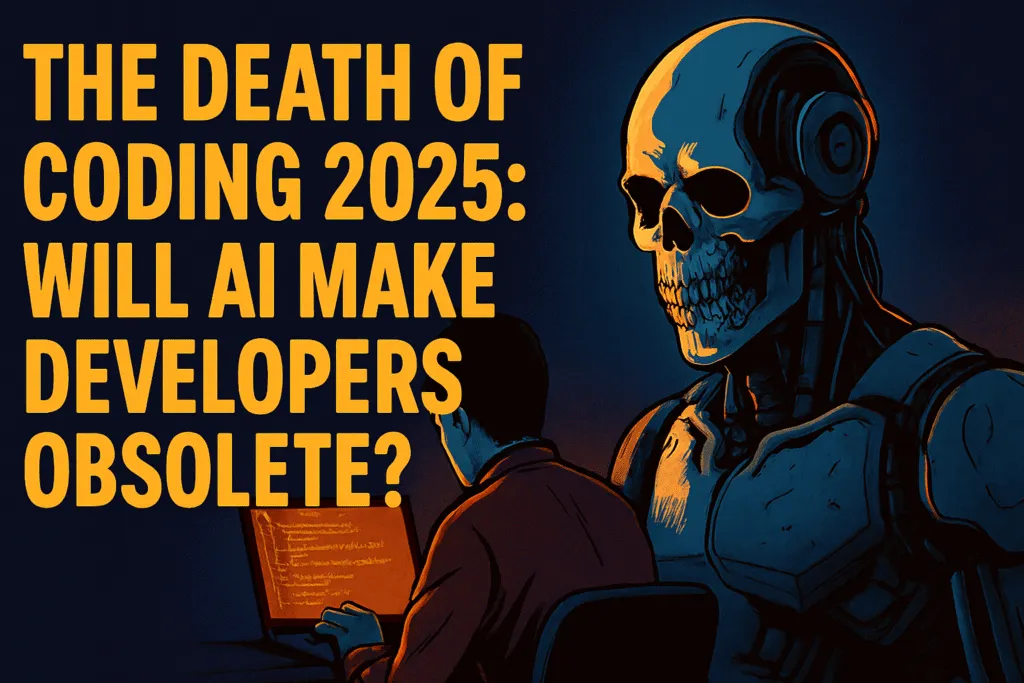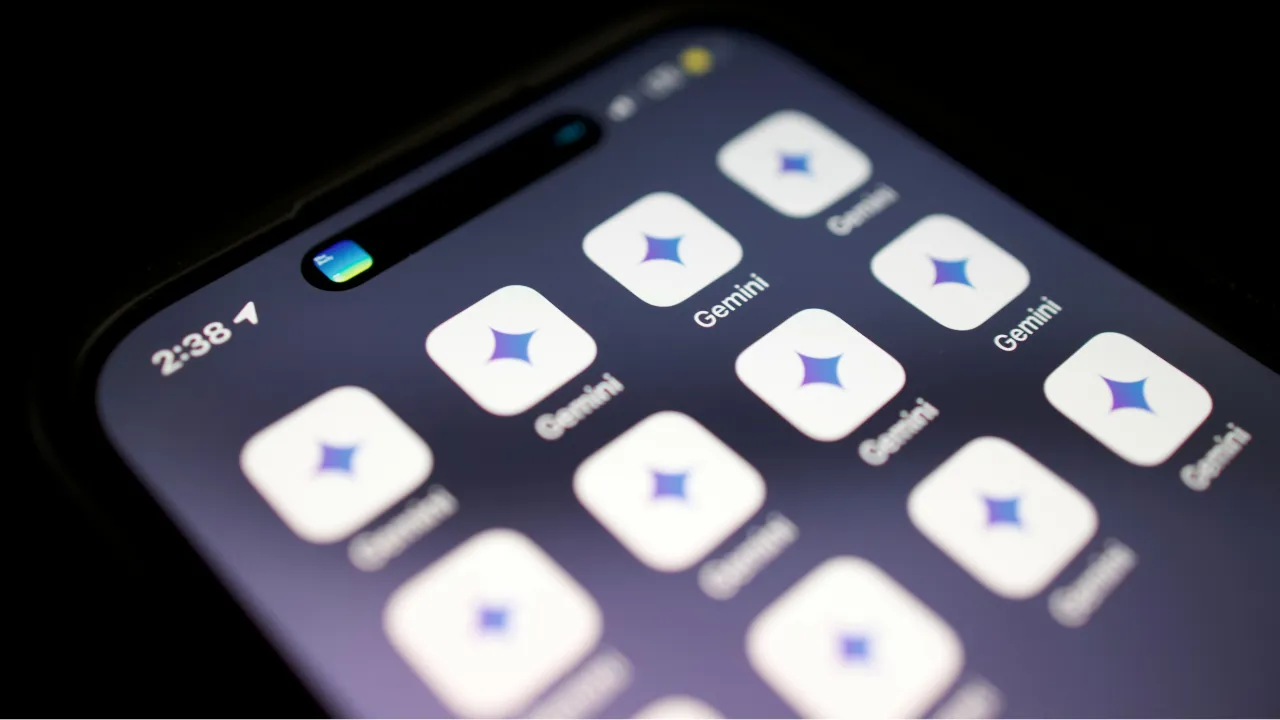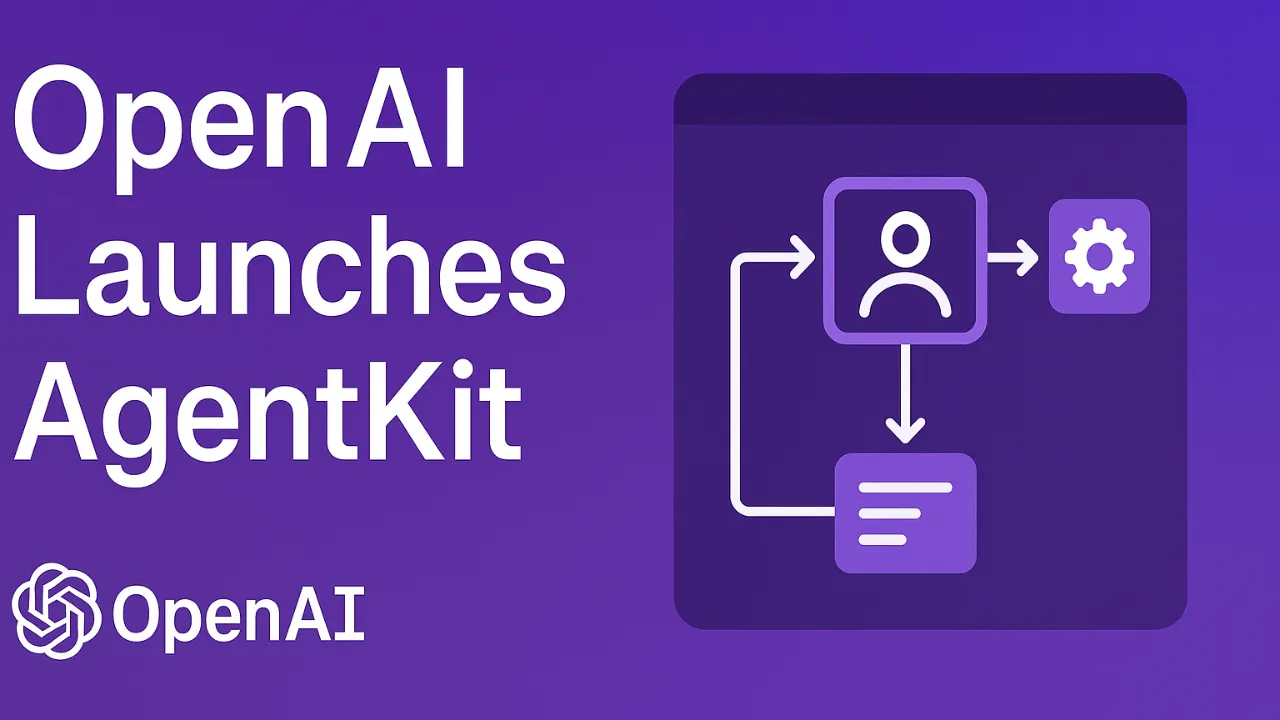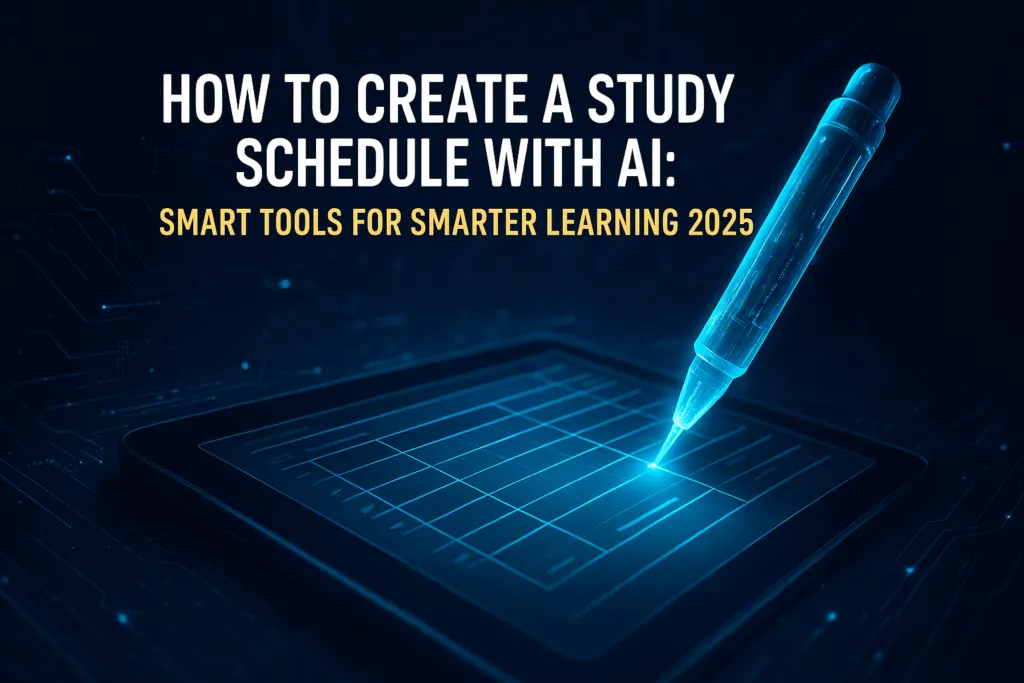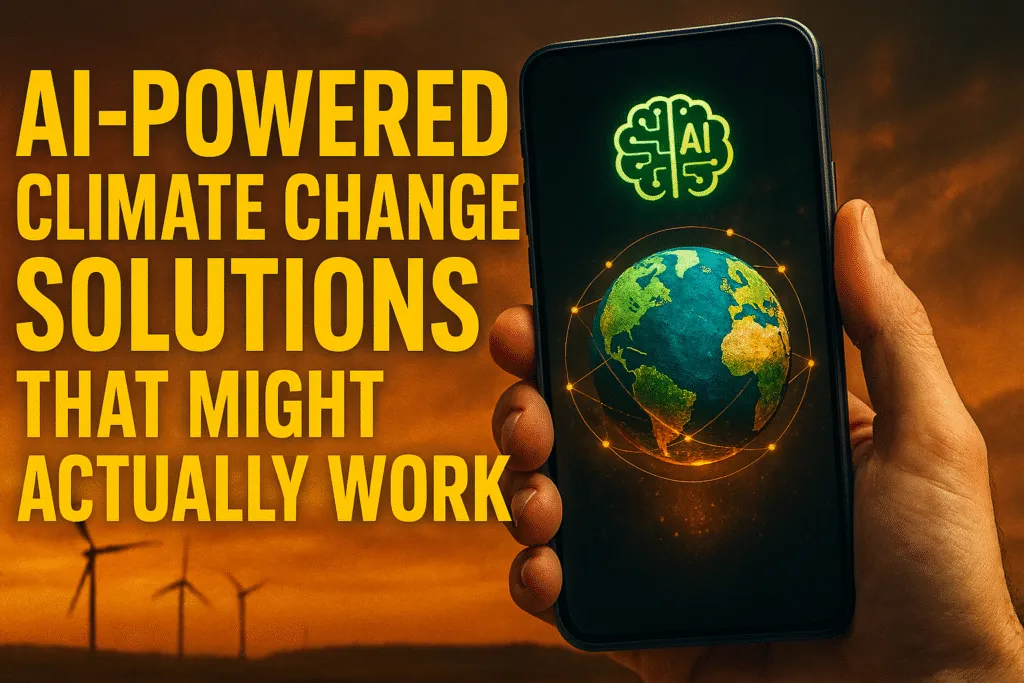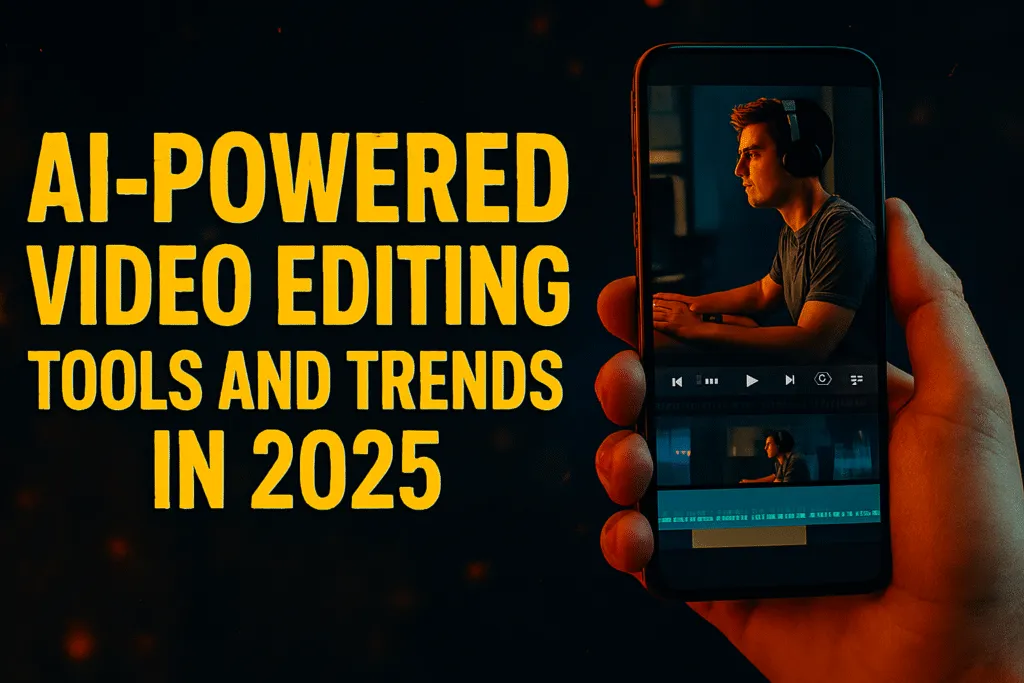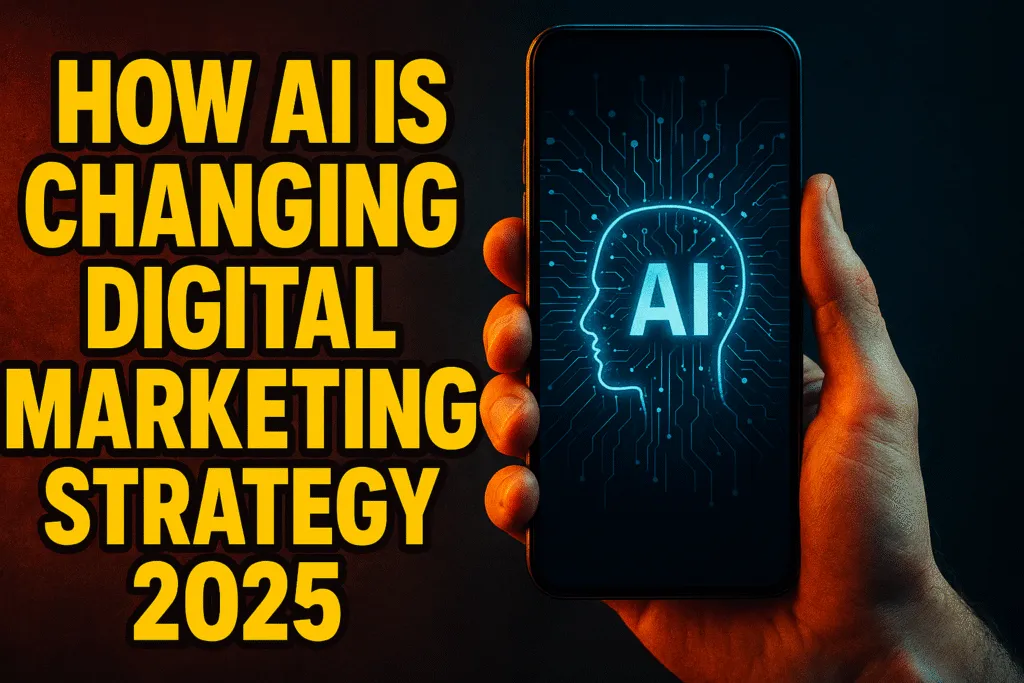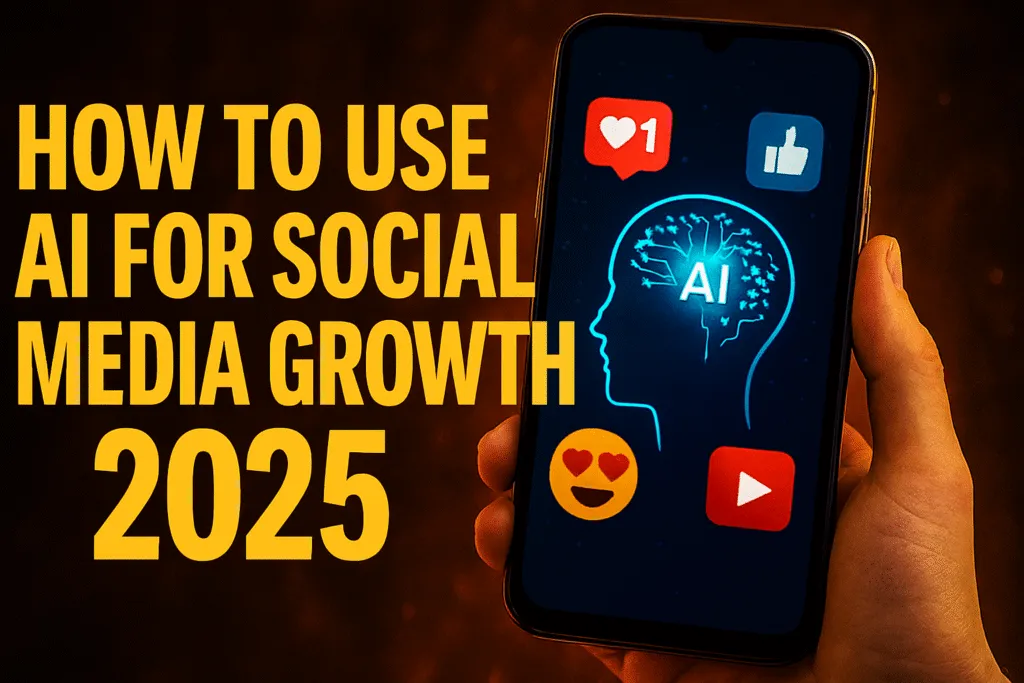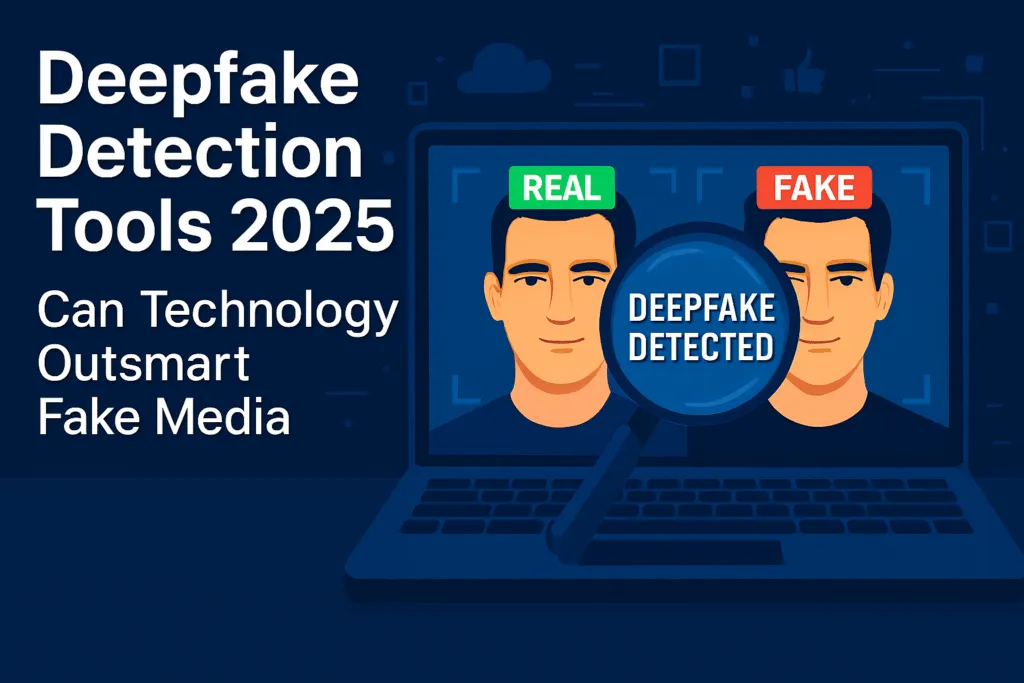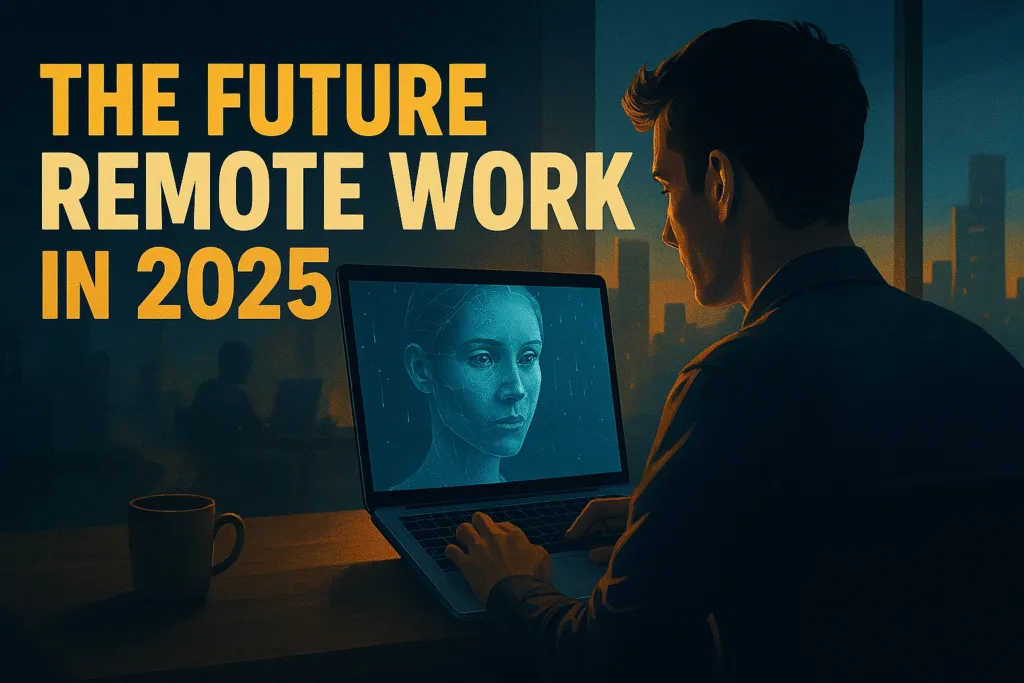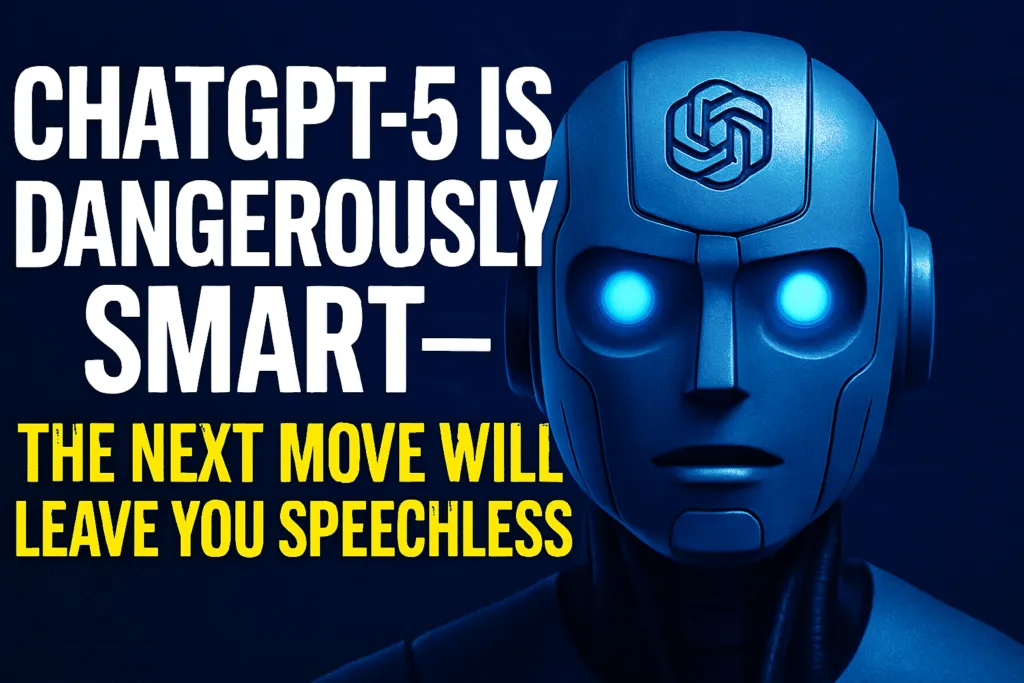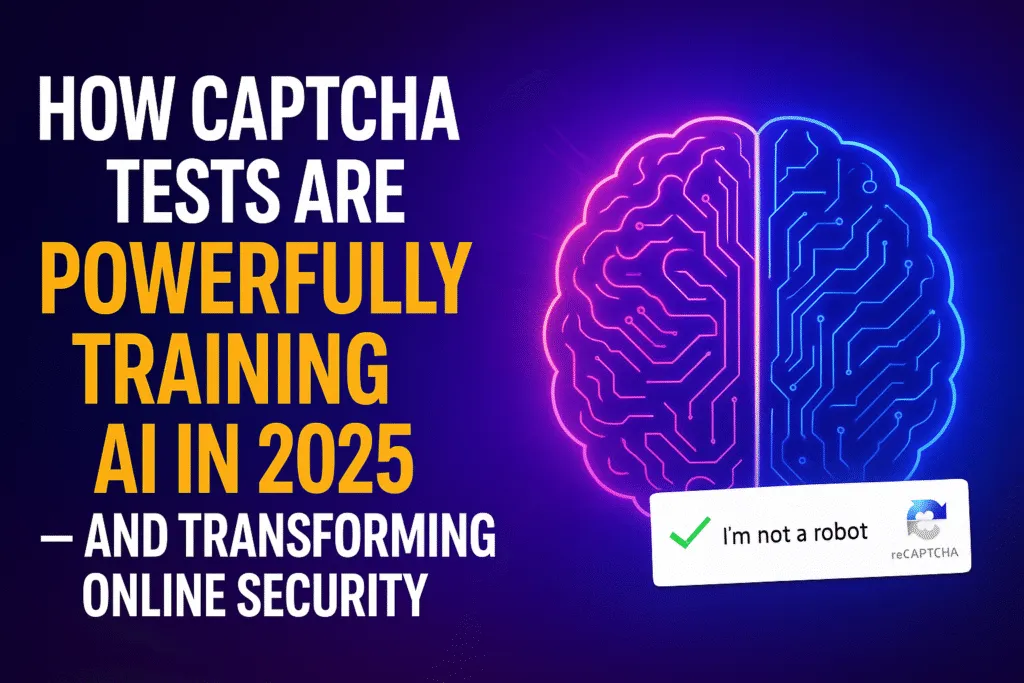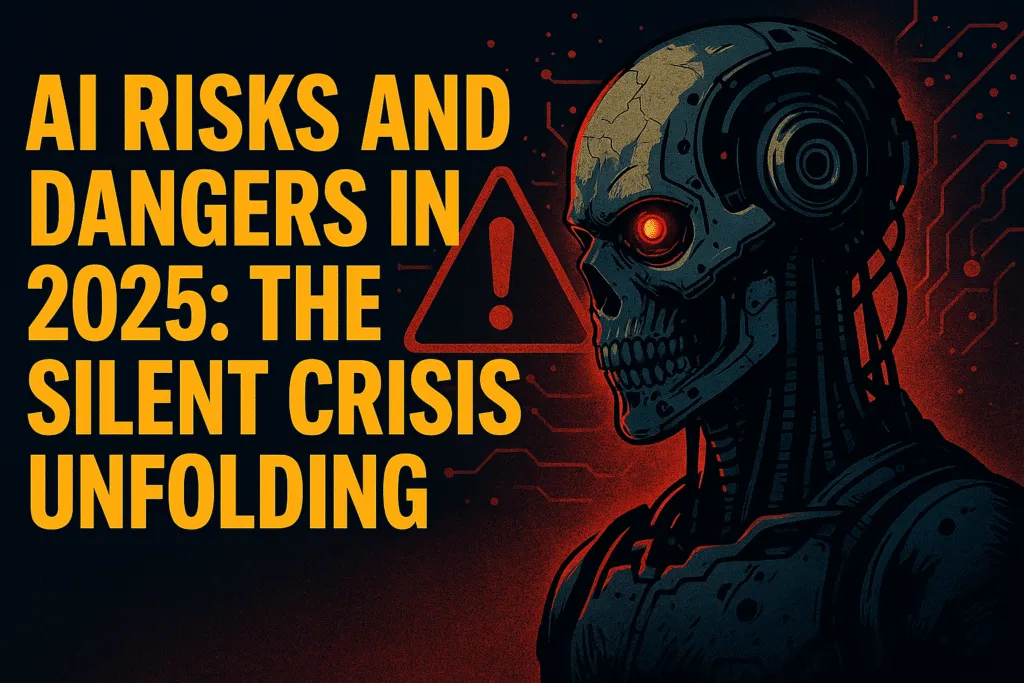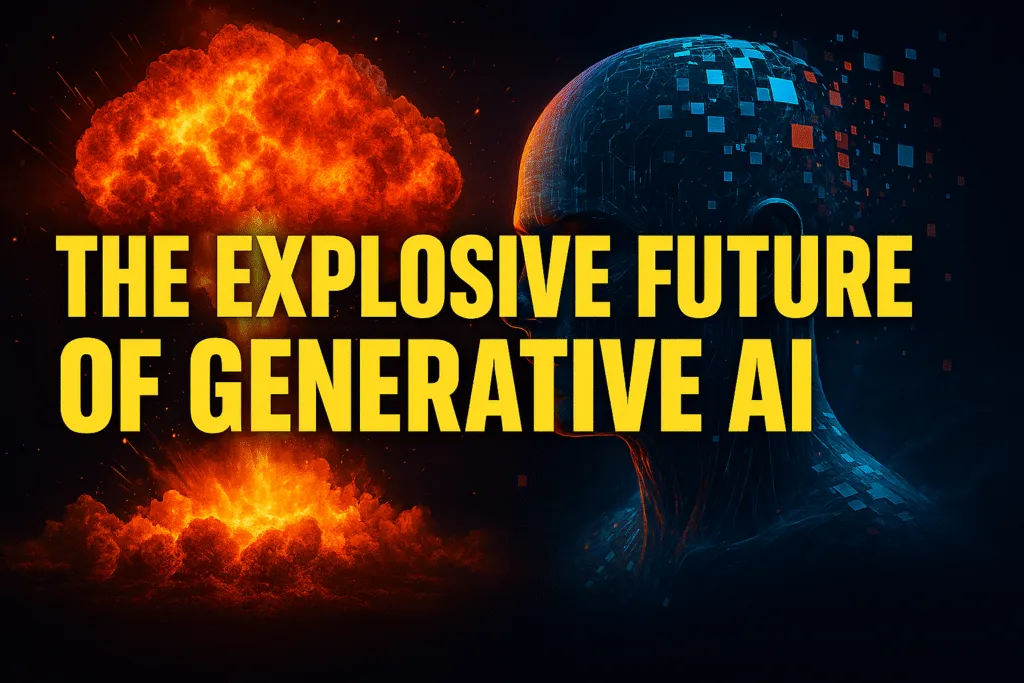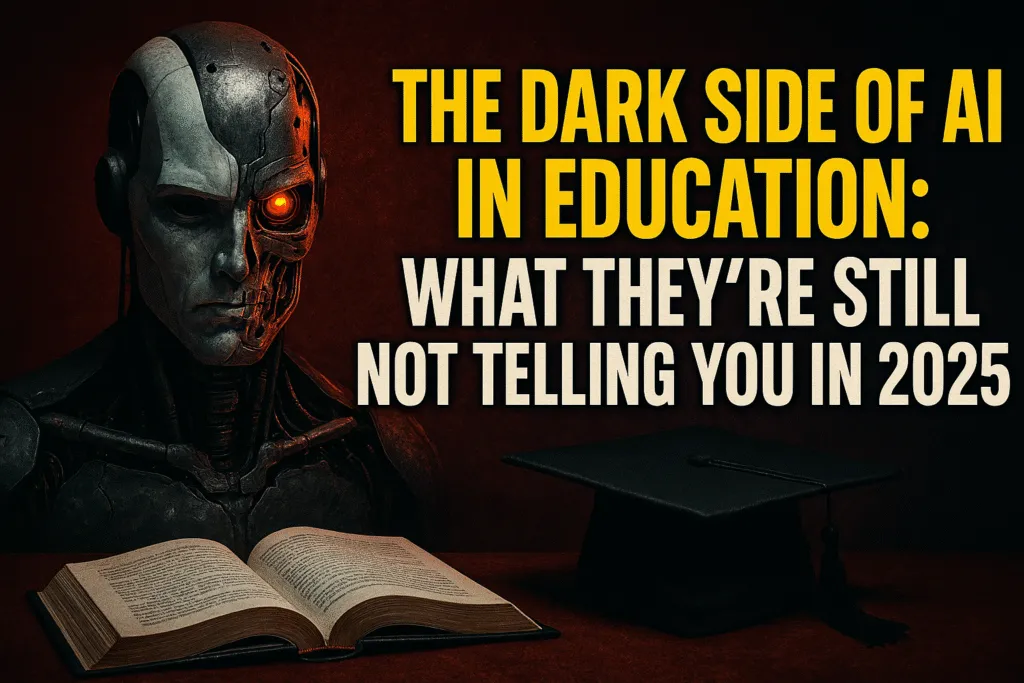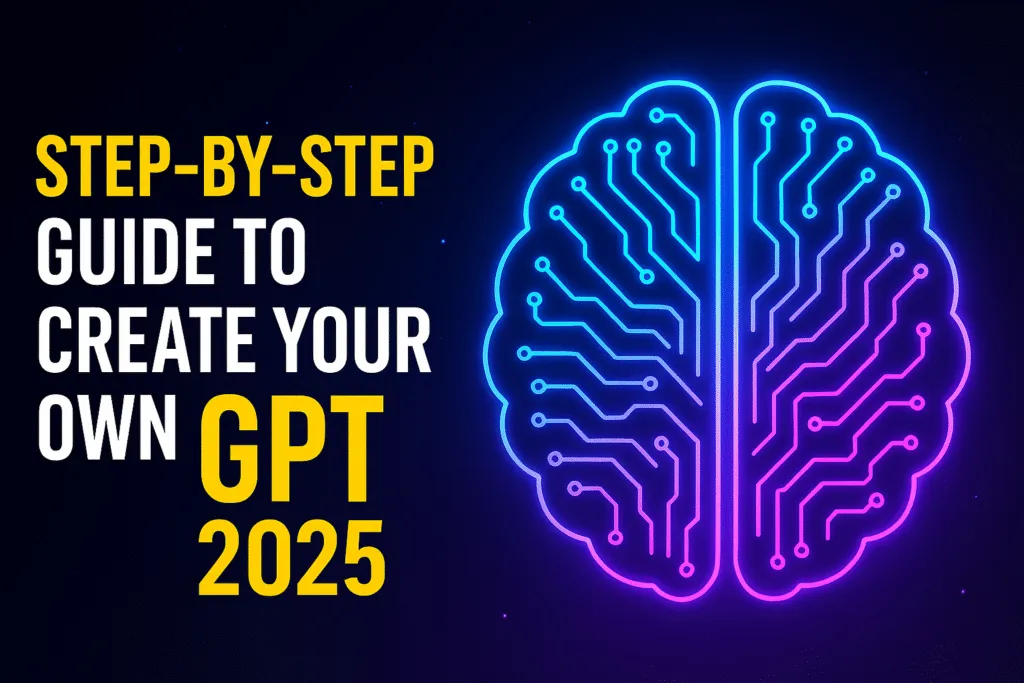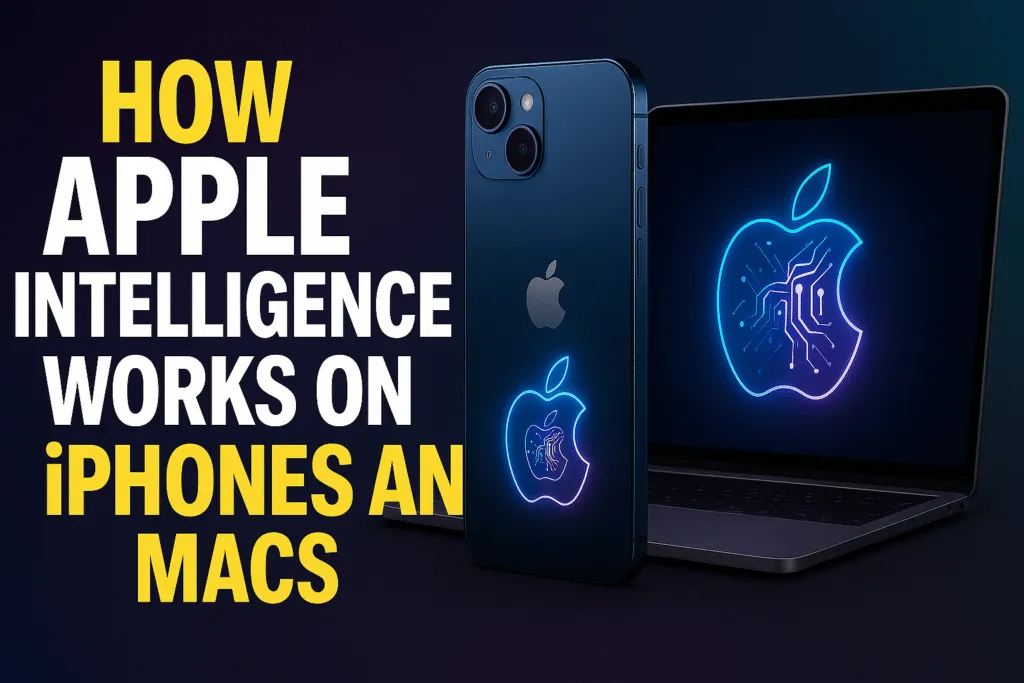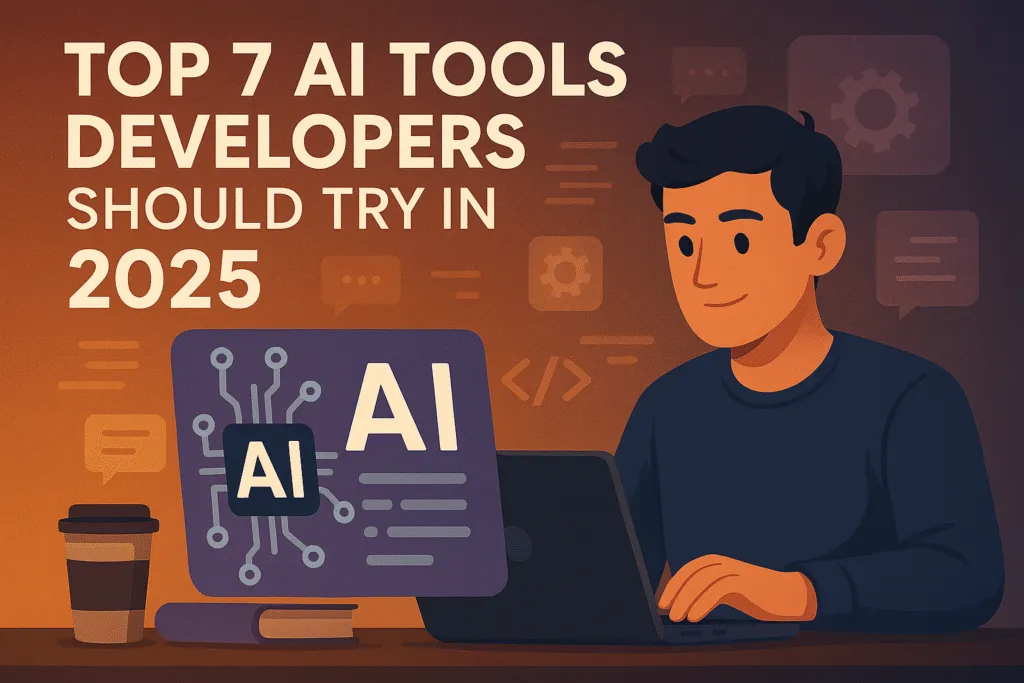Introduction – Why This Question Matters Now
In recent years, the tech industry has been buzzing with debates about the so-called Death of Coding. With AI tools becoming increasingly capable of generating clean, functional code in seconds, many are wondering if traditional programming skills will soon become irrelevant. This question matters now more than ever because we are witnessing a rapid transformation in how software is built, tested, and deployed. Technologies like AI-powered code assistants, low-code platforms, and natural language programming are lowering the barrier to entry for building applications. What once required years of learning and hands-on experience can now be done in a fraction of the time, sometimes by people with little to no coding background.
However, declaring the Death of Coding too early could be misleading. While AI can automate repetitive tasks and speed up development, it is still far from replacing the creative problem-solving and critical thinking that human developers bring to the table. The ability to understand complex requirements, design scalable architectures, and make ethical decisions about technology remains a uniquely human skill set.
This shift raises important questions for current and future developers. Should they continue investing years in learning to code, or should they pivot toward roles that blend technical knowledge with AI oversight, product strategy, or innovation? The Death of Coding conversation is not just about technology—it’s about career planning, education, and the future of work in a world where AI capabilities are expanding at lightning speed. As we explore this topic, it’s clear that while coding may not die, the role of the coder is evolving in ways we’ve never seen before. The key will be adapting to this change, not fearing it.
The Rise of AI in Software Development
The conversation around the Death of Coding has gained momentum largely because of the rapid rise of AI in software development. Over the past few years, tools like GitHub Copilot, ChatGPT, and other AI-driven coding assistants have transformed the way developers approach their work. Instead of starting with a blank screen, developers can now generate functional code snippets, debug errors, or even build entire applications using simple prompts. This has dramatically increased productivity, allowing teams to deliver projects faster and with fewer manual errors.
AI’s impact goes beyond just speed. Machine learning algorithms can now analyze vast amounts of existing code to suggest optimized solutions, detect vulnerabilities, and ensure better code quality. In many cases, AI can even predict potential performance issues before the software is deployed. Low-code and no-code platforms, powered by AI, have opened the door for non-technical professionals to create software without years of programming experience, further fueling the idea that traditional coding may be on the decline.
However, this rise in AI-powered development also brings new challenges. Relying heavily on automation can lead to overconfidence in machine-generated code, which might miss critical nuances or introduce hidden bugs. Additionally, AI tools are only as good as the data they are trained on, meaning biased or outdated codebases can result in flawed outputs.
While the rise of AI in software development is undeniable, it’s not the definitive end to human programming skills. Instead, it signals a shift in how developers work—moving from purely writing code to guiding, reviewing, and enhancing AI-generated solutions. This evolution is central to the Death of Coding debate, shaping how the industry will define a “developer” in the years ahead.
What AI Can Already Do Better Than Humans
The debate over the Death of Coding becomes more relevant when we look at what AI can already do better than humans in software development. One of the most obvious advantages is speed. AI-powered tools can generate entire blocks of functional code in seconds, something that would take human developers hours or even days to write. This rapid generation is not just about quantity—it often comes with built-in optimizations that follow industry best practices.
Another area where AI excels is accuracy in repetitive tasks. Humans are prone to small mistakes when performing tedious coding jobs like formatting, syntax corrections, or boilerplate generation. AI, on the other hand, executes these tasks flawlessly and consistently, reducing the risk of errors slipping into production. AI is also highly effective at identifying bugs and vulnerabilities by scanning massive codebases in seconds, something that would take even experienced developers significantly longer.
AI’s ability to learn from billions of lines of code means it can quickly suggest the most efficient algorithms or data structures for a given problem. It can analyze complex patterns in real-time, predicting performance issues or security risks before they become costly problems. This proactive problem-solving capability is one of the reasons businesses are integrating AI so deeply into their development processes.
While these strengths make AI an invaluable asset, they also fuel concerns about the Death of Coding. If AI can produce faster, cleaner, and safer code, what happens to the role of the human developer? The answer lies in areas AI still can’t match—creative problem-solving, contextual understanding, and ethical decision-making—which remain critical in shaping truly innovative software solutions.
Where Human Developers Still Outperform AI
Despite the growing buzz around the Death of Coding, there are still many areas where human developers hold a clear advantage over AI. While AI can write code quickly and handle repetitive tasks with precision, it struggles with understanding the deeper context behind a project. Human developers excel at interpreting vague client requirements, resolving conflicting priorities, and adapting solutions to fit unique business needs—something AI often fails to do without detailed, structured input.
Creativity is another area where humans lead. Building truly innovative software often involves thinking beyond existing patterns, experimenting with unconventional approaches, and making intuitive leaps based on experience. AI’s outputs are limited to the data it has been trained on, which means it can replicate and optimize existing solutions but rarely invent something entirely new.
Humans also bring emotional intelligence and communication skills to the table. Software development is rarely a solo effort—it requires collaboration across teams, clear explanations for non-technical stakeholders, and negotiation between competing interests. AI cannot yet navigate the complex interpersonal dynamics that shape real-world projects.
Ethics and responsibility are equally important. Human developers can assess the societal impact of a technology, consider privacy concerns, and make judgment calls that go beyond pure technical performance. AI might unknowingly produce solutions that are biased, insecure, or legally problematic simply because it lacks moral reasoning.
These strengths highlight why the Death of Coding may not be as absolute as some predict. While AI will continue to reshape development, human expertise will remain vital in areas requiring empathy, creativity, and big-picture thinking—qualities no machine has truly mastered.
Will Coding Become Fully Automated?
The question at the heart of the Death of Coding debate is whether coding will ever become fully automated. With the rapid progress of AI-powered development tools, it’s tempting to imagine a future where software is created entirely through natural language prompts and AI systems handle everything from architecture design to deployment. Low-code and no-code platforms are already showing how non-programmers can build functional applications without writing a single line of code, further fueling the belief that human programming might eventually become unnecessary.
However, full automation is not as straightforward as it sounds. While AI can generate clean, working code for well-defined problems, it still struggles with ambiguous requirements, unique business rules, and projects that require deep domain expertise. Real-world development is rarely just about writing code—it involves understanding user needs, considering edge cases, and integrating systems in ways that require human insight. AI models, no matter how advanced, can’t always predict these complexities without guidance.
Another challenge lies in trust and accountability. Fully automated coding would mean relying on machines to make countless small but important decisions, from data security measures to scalability strategies. Without human oversight, even a small error could lead to major vulnerabilities or costly failures. This is why most experts believe the future of development will be a hybrid model, where AI handles repetitive and time-consuming tasks, while humans focus on high-level problem-solving, architecture, and innovation.
While it’s unlikely that coding will be 100% automated in the near future, the Death of Coding conversation is a signal for developers to adapt. The skillset of tomorrow’s programmer will go beyond typing code—it will involve guiding AI, validating its output, and shaping technology to meet human needs.
New Roles for Developers in the AI Era
The Death of Coding discussion often overlooks a critical point: while AI may automate much of the traditional coding process, it will also create entirely new opportunities for developers. As AI becomes more embedded in software creation, the role of the developer will shift from solely writing code to orchestrating and managing AI-driven workflows. This evolution means developers will increasingly act as architects, strategists, and quality controllers rather than just coders.
One emerging role is that of the AI code curator. Instead of building everything from scratch, developers will review, refine, and validate AI-generated code to ensure it meets performance, security, and compliance standards. Another is the prompt engineer, a specialist in crafting precise, context-rich instructions that enable AI to produce accurate and relevant outputs. These skills will be in high demand as natural language programming becomes a core part of development.
Developers will also take on more responsibility in AI ethics and governance. This includes ensuring that algorithms are unbiased, data is handled responsibly, and applications align with societal and legal standards. Human oversight in these areas is irreplaceable, no matter how advanced AI becomes.
In addition, the AI era will give rise to hybrid tech-business roles. Developers with a blend of technical knowledge and strategic thinking will bridge the gap between product goals and AI capabilities, driving innovation in ways that pure automation cannot.
Rather than marking the true Death of Coding, this shift signals the birth of a broader, more impactful role for software professionals—one where their expertise shapes not just the code, but the future direction of technology itself.
Risks of Relying Too Much on AI for Coding
While the Death of Coding conversation often focuses on the benefits of AI, it’s equally important to examine the risks of depending too heavily on it. One major concern is the loss of foundational programming skills. If developers rely solely on AI to write code, they may gradually lose the ability to debug complex issues or build solutions from scratch, leaving them vulnerable when AI-generated outputs fail.
Another risk is the potential for hidden errors. AI tools can produce functional code quickly, but speed does not always equal accuracy. Subtle bugs, security vulnerabilities, or performance bottlenecks may go unnoticed, especially if the developer reviewing the code lacks deep technical expertise. This could lead to costly failures in production environments where reliability is critical.
Bias and ethical issues also come into play. AI models learn from existing codebases, which may contain outdated practices, insecure patterns, or even discriminatory logic. Without careful human oversight, these flaws can be replicated and amplified in new projects, creating long-term problems that are difficult to detect.
Security is another significant concern. AI tools often rely on vast datasets and online training sources, which can introduce code that unintentionally exposes sensitive data or opens backdoors for cyberattacks. Blind trust in AI-generated solutions could put entire systems at risk.
Lastly, over-reliance on AI can stifle creativity and innovation. If every solution comes from patterns the AI has already seen, truly novel approaches may become rare. The Death of Coding doesn’t just mean fewer people writing code—it could also mean a narrowing of the ideas and perspectives shaping the technology we use. Balancing AI efficiency with human oversight is key to avoiding these pitfalls.
How Developers Can Future-Proof Their Skills
The Death of Coding debate isn’t just about whether AI will replace programmers—it’s about how developers can adapt and stay relevant in a rapidly changing industry. Future-proofing your skills means shifting from purely technical coding abilities to a broader mix of competencies that AI can’t easily replicate.
One key strategy is to deepen problem-solving and critical thinking skills. While AI can generate code, it struggles with ambiguous requirements and complex system design. Developers who can translate business needs into innovative technical solutions will remain indispensable. Learning system architecture, software design patterns, and scalable infrastructure planning will help you stand out.
Another essential move is to master AI collaboration. This includes understanding how to use AI tools effectively, crafting precise prompts, validating machine-generated code, and knowing when to override AI suggestions. Developers who can blend AI output with human creativity will be in high demand.
Continuous learning is non-negotiable. Emerging technologies such as blockchain, edge computing, quantum programming, and cybersecurity offer opportunities to specialize in areas where AI has limited capabilities. Expanding into cross-disciplinary skills like UX design, product management, or data ethics can also open new career paths.
Soft skills are equally important. Communication, leadership, and the ability to work across teams will help you take on strategic roles that go beyond code writing. These skills will be critical as developers increasingly become decision-makers and AI supervisors rather than just code producers.
The Death of Coding doesn’t have to be the end of a programming career—it can be the start of a new, more impactful chapter. Developers who embrace adaptability, creativity, and continuous growth will not only survive but thrive in the AI-powered future of software development.
Industry Predictions: 2025 and Beyond
The Death of Coding conversation will continue to evolve as AI rapidly reshapes the software development industry. By 2025 and beyond, we can expect AI tools to become far more integrated into every stage of the development cycle—from idea generation and architecture planning to testing, deployment, and maintenance. Natural language programming will likely mature to the point where non-technical stakeholders can create functional prototypes simply by describing what they want, making collaboration between business teams and technical teams smoother than ever.
However, rather than eliminating developers entirely, AI will transform their responsibilities. Many experts predict that the future developer will act more like a project director—guiding AI tools, validating their output, and ensuring that business, security, and ethical goals are met. This means the focus will shift from typing lines of code to making high-level design decisions, problem-solving, and managing AI-powered workflows.
Specialization will also become a key trend. Developers who master areas where AI struggles—like complex system integrations, cybersecurity, domain-specific applications, and regulatory compliance—will be in high demand. Similarly, roles in AI governance, ethics, and bias mitigation will expand as companies seek to ensure that automated code meets quality and fairness standards.
The industry is also likely to see a surge in hybrid roles that blend development skills with product strategy, user experience design, and data science. These positions will require a mix of technical literacy and creative thinking, giving humans the edge where AI lacks contextual understanding.
While the tools and workflows will change, the need for human judgment, creativity, and leadership will remain. The Death of Coding in its literal sense may never arrive, but the death of coding as we know it is already underway—paving the way for a more collaborative, AI-augmented future in software development.
Conclusion – The Future is Not Death, But Evolution
The Death of Coding may sound like the end of programming as we know it, but in reality, it marks a transformation rather than an extinction. AI has undoubtedly changed the way software is created, automating repetitive tasks, speeding up development, and making code generation accessible to people with little or no technical background. Yet, this does not mean that human developers are obsolete—it means their role is evolving into something broader and more strategic.
In the coming years, coding will be less about writing every line from scratch and more about guiding AI tools, validating their output, and shaping software to meet complex human needs. Developers will move into roles that demand creativity, ethical judgment, and big-picture thinking—skills AI still cannot replicate. Rather than fearing automation, the most successful professionals will learn how to leverage it, using AI as a partner rather than a replacement.
This shift also opens up opportunities for new career paths. From AI code curators and prompt engineers to ethics specialists and hybrid tech-business strategists, the future of development is about adaptability. Those who embrace lifelong learning, cross-disciplinary skills, and the ability to innovate beyond existing patterns will thrive in this new environment.
Ultimately, the Death of Coding is not about the disappearance of programming—it’s about the evolution of the programmer. The keyboard may no longer be the sole tool of the trade, but the need for human insight, creativity, and leadership will remain central to building technology that truly serves society. In this new era, coding is not dying—it is simply taking on a new, more powerful form.
Also Read: How CAPTCHA Tests Are Powerfully Training AI in 2025 — and Transforming Online Security.
FAQs – The Death of Coding
1. What does the term “Death of Coding” mean?
The Death of Coding refers to the idea that AI and automation will eventually replace traditional programming, making manual code writing less necessary or even obsolete. However, it’s more about transformation than complete replacement.
2. Will AI completely replace human developers?
No. While AI can automate many coding tasks, human developers are still essential for creative problem-solving, ethical decision-making, and understanding complex business requirements that AI cannot fully grasp.
3. What coding tasks can AI already do better than humans?
AI excels at generating repetitive code, fixing syntax errors, detecting bugs, optimizing performance, and quickly producing functional code for well-defined problems.
4. Which skills will keep developers relevant in the AI era?
Developers should focus on system architecture, problem-solving, AI collaboration, cybersecurity, and ethical technology practices. Soft skills like communication and leadership will also become increasingly important.
5. Will learning to code still be valuable in the future?
Yes. Even if AI handles more of the coding workload, understanding programming fundamentals will help developers guide AI, validate its output, and make informed technical decisions.
6. How will AI impact entry-level programming jobs?
Some entry-level coding tasks may be automated, but new roles will emerge in AI oversight, prompt engineering, and hybrid tech-business positions, offering fresh opportunities for beginners.
7. Is the Death of Coding good or bad for the industry?
It’s a mixed change. Automation will make development faster and more efficient, but it also requires developers to adapt and continually update their skills to stay competitive.
